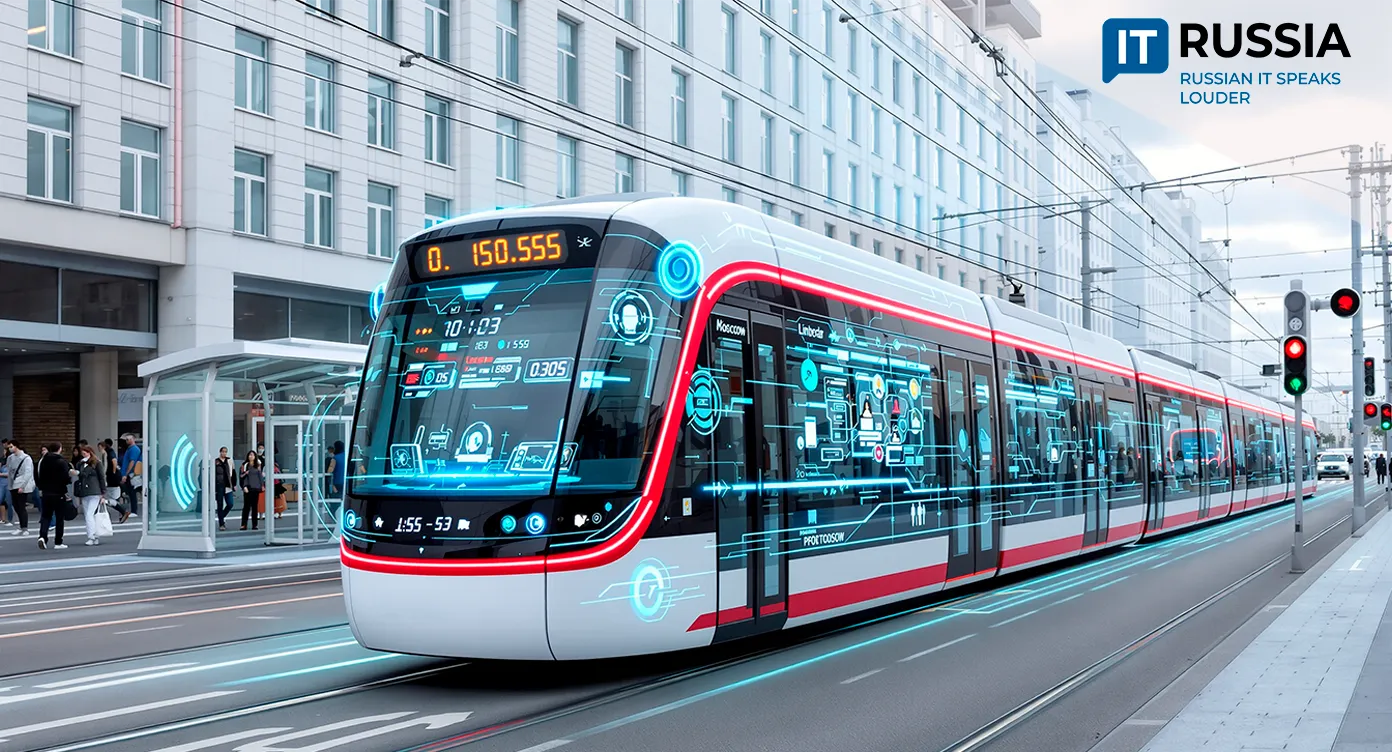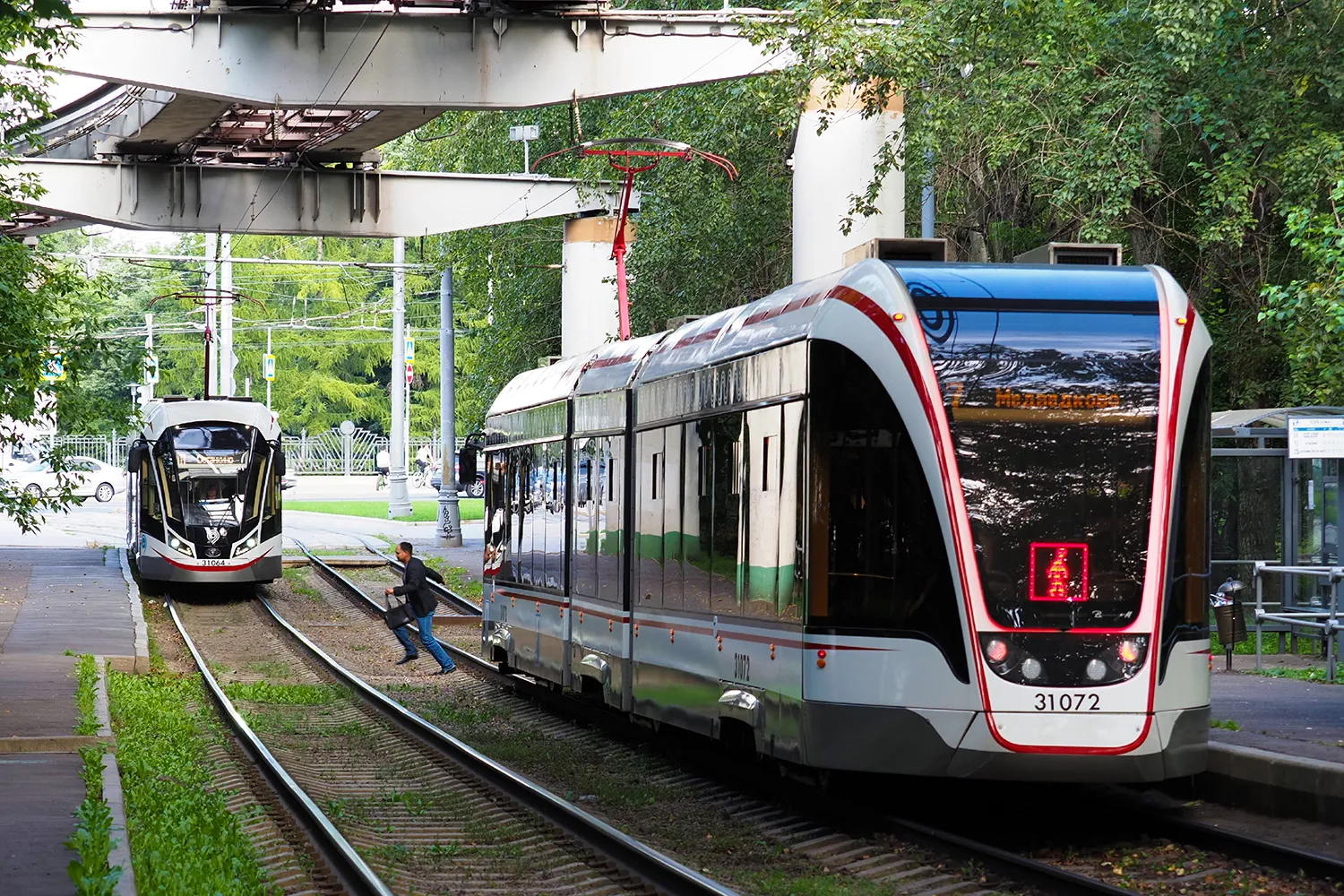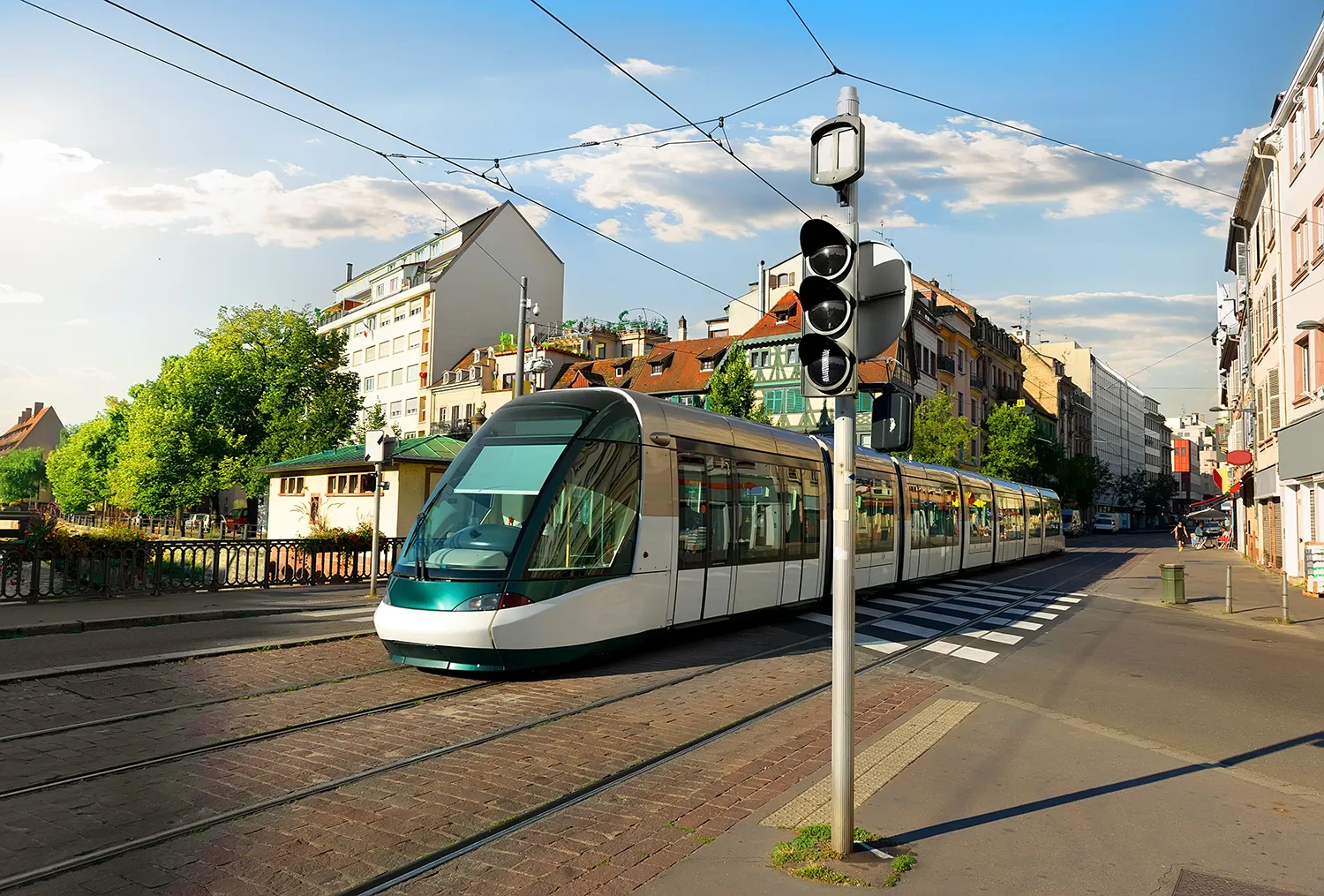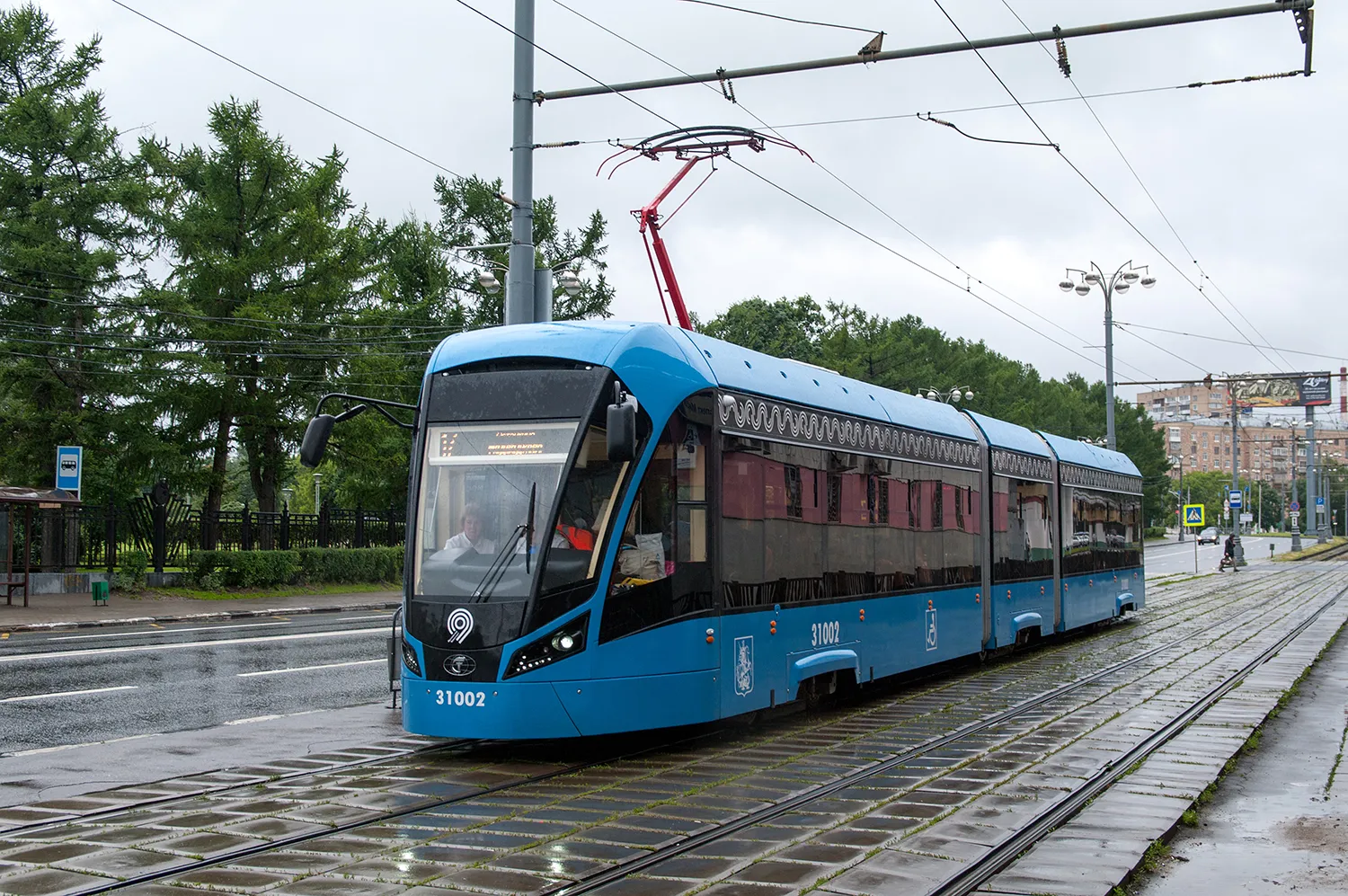Driverless Tram Rolls Out in Moscow
Moscow has become a pioneer in adopting autonomous technologies for public transport by launching passenger service on a driverless tram.

A Nationwide Technological Breakthrough
On September 3, 2025, Moscow Mayor Sergei Sobyanin inaugurated Russia’s first autonomous tram, which began regular passenger service on Route 10, running from Shchukinskaya metro station to Kulakova Street. The 71-911EM ‘Lionok-Moscow’ tram is equipped with cameras, lidars, and radars that enable full autonomy.
Artificial intelligence and specialized software developed entirely by Moscow Metro engineers—without the involvement of foreign firms—allow the tram to perform all functions independently: making stops, opening and closing doors, following traffic signals, yielding to pedestrians, determining routes at intersections, and switching tracks. The system prevents collisions with vehicles ahead, maximizing safety.
The autonomous technology belongs to the Moscow city government, highlighting the project’s strategic nature and commitment to technological independence. A tram employee is present in the cabin to monitor fare collection and handle unusual situations, but direct interference in vehicle control is prohibited under federal law.

An Ambitious Transport Digitalization Program
The launch of the driverless tram marks the beginning of a large-scale automation program for Moscow’s transit system, with clear timelines. By the end of 2025, three more autonomous trams will be deployed. By the end of 2026, the fleet will expand to 15 at the Krasnopresnenskoye depot. By 2030, more than 300 trams—about two-thirds of Moscow’s fleet—will be autonomous, reaching 90% by 2035.
The next stage of digitalization will be driverless metro trains. Testing is scheduled to begin in late 2025, with passenger services starting in late 2026. With Moscow Metro’s unique 90-second headway, this presents a major technological challenge, but city authorities are confident it will be achieved.
Russia’s domestic market for unmanned aerial systems is projected to reach 46,000 units annually by 2030, with domestic designs accounting for over 70%. Exports of Russian unmanned technologies are estimated at $5–12 billion annually, with Asia representing the greatest potential market. These homegrown solutions for autonomous transport may find demand among countries seeking technological independence from Western suppliers.
Global Context and Russia’s Trajectory
The global autonomous vehicle market is growing rapidly. Several cities worldwide have already deployed driverless trams. In 2019, Potsdam, Germany, launched Siemens’ Combino autonomous tram. In 2020, China’s CRRC Zhuzhou Locomotive introduced a driverless tram with capacity for 380 passengers. In 2025, Poznan, Poland, initiated its driverless tram project, while Czech-based Skoda Group presented its model in Tampere, Finland.

Driverless metro systems already operate in 25 countries, including Copenhagen, Paris, Budapest, Rome, Barcelona, Shanghai, and Beijing. This demonstrates the worldwide trend of automating rail transport and the readiness of the technology for mass adoption.
In Russia, development of autonomous technologies is advancing within the framework of import substitution and domestic capability building. Over the past three years, the number of Russian companies engaged in autonomous vehicle production has nearly doubled. Moscow’s driverless tram project emerged from a three-phase trial program launched in May 2024. During testing, the tram traveled more than 8,000 kilometers without a single traffic violation. In July 2024, the Russian government introduced an experimental legal regime for driverless trams in Moscow and St. Petersburg, creating a regulatory foundation for the technology.
The Center for Advanced Transport Development, established in Moscow in May 2024, has become the city’s main hub for autonomous technology development. Staffed with experts from leading Russian and international IT companies, the center creates software for innovative transport. Its laboratories are equipped with electrical testing systems, server capacity for training neural networks, and advanced manufacturing equipment.

Prospects for Technological Leadership
The Moscow driverless tram project opens a new chapter in Russian transport technology. By 2030, the number of Russian-made autonomous vehicles is expected to increase fivefold, while the domestic market for autonomous logistics could reach 25 billion rubles (about $290 million) annually.
The success of Moscow’s initiative could inspire the development of autonomous transport across other Russian regions.
The technological base established in the capital and the experience gained create the foundation for scaling solutions nationwide. Moscow is demonstrating that Russia can develop competitive autonomous transport technologies and secure a leading position in this promising sector, ensuring technological sovereignty and opening new export opportunities.











































